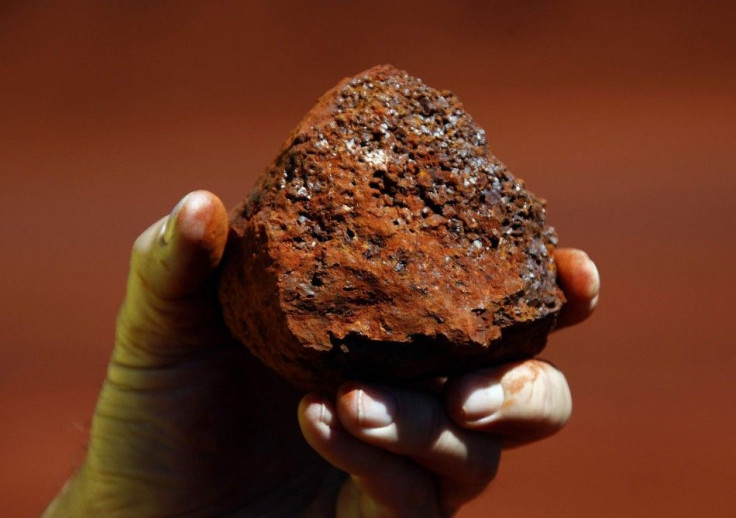BHP Billiton Goads Abbott Government to Also Repeal Mining Tax Law

Following the success of the Abbott government to repeal the carbon tax law, BHP Billiton (ASX: BHP) is challenging the Coalition to also repeal another tax initiated by the past Labor government under former Prime Minister Julia Gillard - the mining tax.
Ironically, BHP helped draft the law that created the minerals resource rent tax (MRRT) which BHP Chief Executive Andrew Mackenzie now wants to remove for being a major disincentive for investments to flow into Australia's mining industry.
But it is not just BHP that is changing sides when it comes to the MRRT because the senators who are allied with mining magnate Clive Palmer, also the founder of the Palmer United Party, joined Labor and the Greens in blocking last week the repeal of the MRRT even if Palmer was against it during the Gillard-led Labor government.
With their blocking the repeal, the MMRT would at the very least be a law until Aug 26, 2014, unless PM Tony Abbott manages to convince the PUP members to join the Coalition in its repeal. Those against the repeal cite the $10 billion fund from the MRRT that provides for school children and as income support bonus to Australians.
However, Finance Minister Mathias Cormann said the tax office spent over $50 million administering the tax which has not raised any net revenue at all.
Mackenzie blamed the "lot of antics" at the Senate in the delay of the MRRT's repeal. He said the mining tax is not a big revenue source. Addressing Palmer and the rest of the Senate, Mackenzie said, "What I would say to the Senate (is) you are destroying huge amounts of potential inward investments that ultimately will pay a lot more in a more stable way."
Telstra Chief Executive David Thodey sided with Mackenzie and urged Mr Abbott to push with his reform agenda to serve as a signal to the world that Australia is really open for business by repealing the mining tax law.
The move is also supported by ANZ Bank Chief Executive Mike Smith who described the Senate's action as disappointing, pointing out that "This government has a very clear mandate from the people of Australia and they should be allowed to get on with it."
Simon Bennison, chief executive of The Association of Mining and Exploration Companies, said the repeal is urgent and he will continue to lobby against the MRRT. He stressed, "Combined with the removal of the carbon tax, the repeal of the MRRT will go a long way to restoring confidence and critical investment back into the mining industry."
However, the international community has chided Australia for taking a step backward in its climate change policy by repealing the carbon tax.
The Greens believe that because of Palmer's links with the mining industry, the party has a conflict of interest when it comes to the proposed repeal of the MRRT.
YouTube/The Australian Greens





















